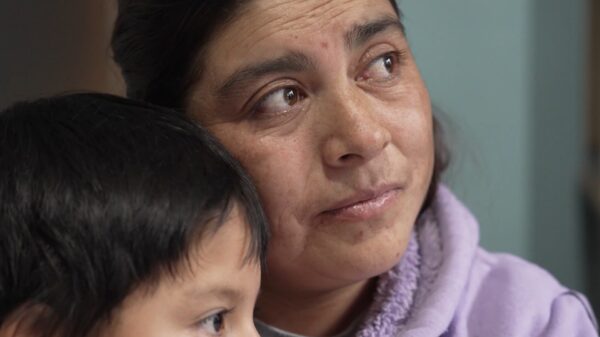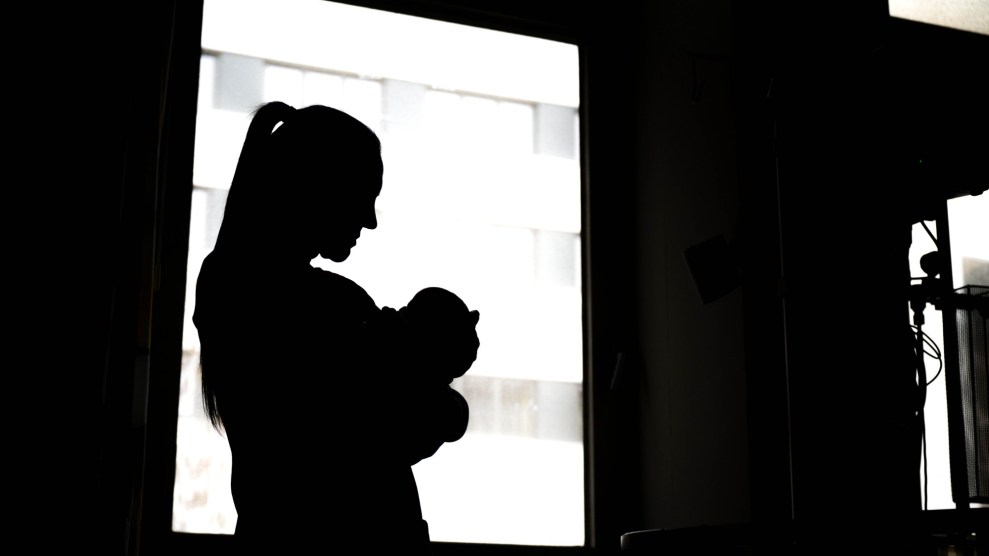Jade Dass, who was undergoing treatment for opioid addiction, faced a shocking reality after the birth of her daughter in Arizona. Despite following medical advice and taking prescribed medication to manage her condition, the hospital reported her to the Arizona Department of Child Safety. This action led to an investigation and the separation of Dass from her newborn. “I just couldn’t believe it, that people would act like this,” Dass expressed. “Like how they couldn’t see—it’s, like, you have no humanity if you’re gonna take someone’s baby.”
The situation highlights a growing concern regarding the treatment of pregnant women who are prescribed medication for addiction. Research from the Centers for Disease Control and Prevention indicates that proper medical management during pregnancy can lead to positive outcomes for both mother and child. Yet, many women like Dass find themselves at risk of losing custody despite adhering to medical guidance.
To better understand the frequency and implications of these reports, a team of journalists, including Shoshana Walter and data reporter Melissa Lewis, conducted an extensive investigation. They filed over 100 public records requests, culminating in the first comprehensive analysis of how often women are reported to child welfare agencies due to taking prescription drugs during pregnancy.
The findings reveal a troubling trend, with numerous women facing similar circumstances to Dass. This week on Reveal, the story follows Dass as she navigates the emotional turmoil of losing custody of her child and her efforts to keep her family intact. Walter’s reporting has also inspired a forthcoming book titled Rehab: An American Scandal, set to be released this month.
The investigation sheds light on a critical issue: the intersection of healthcare and social services, particularly how policies around drug use during pregnancy can significantly affect maternal rights. The implications of these findings extend beyond individual cases, raising questions about the systemic approaches to addiction treatment and child welfare.
As these stories unfold, the experiences of women like Jade Dass underscore the urgent need for policy reform and a more compassionate understanding of addiction and its treatment. The ongoing dialogue around this complex issue is essential for ensuring that mothers receive the support they need, rather than punitive measures that could further jeopardize their families.







































































